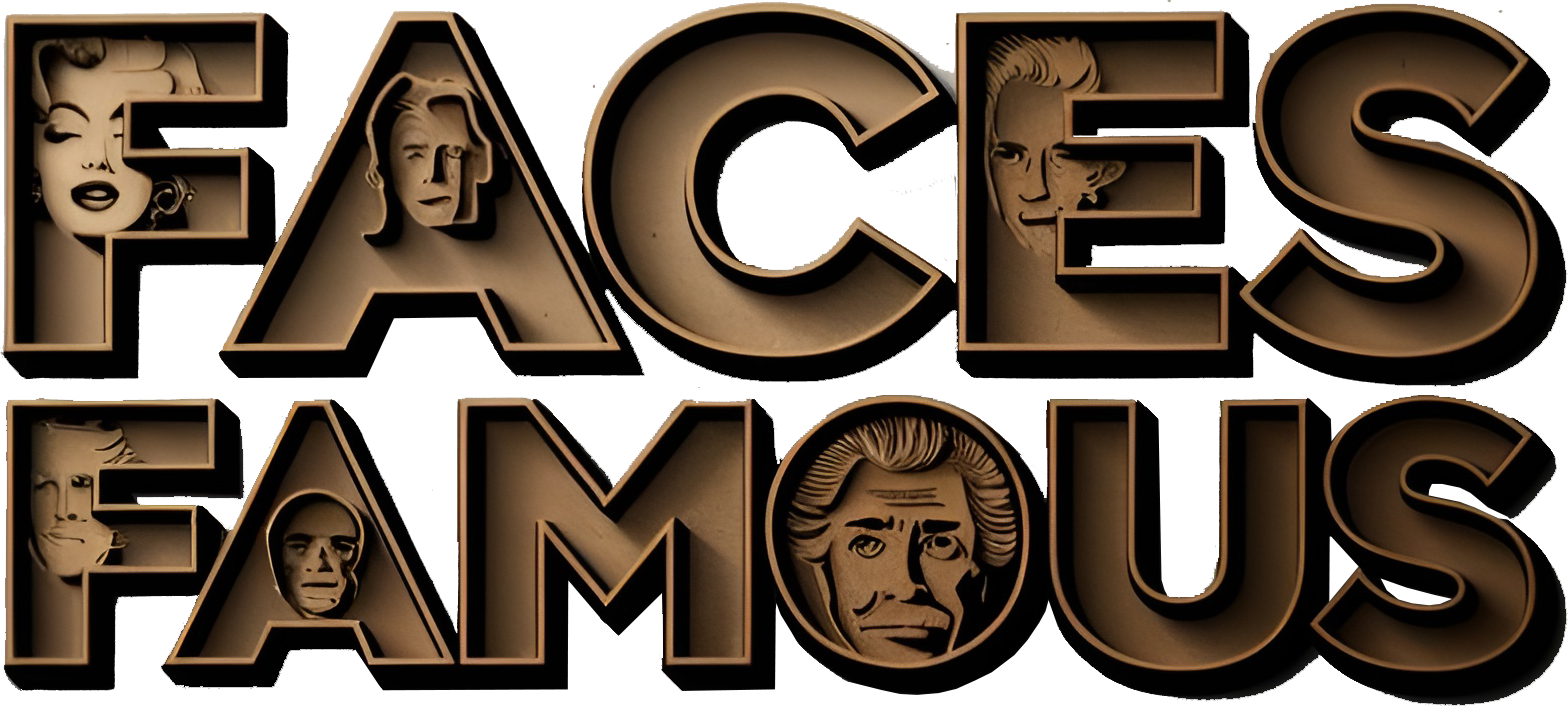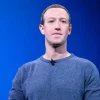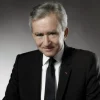Larry Ellison is one of the most prominent figures in the technology industry, known as the co-founder and former CEO of Oracle Corporation, a global leader in database software and cloud computing. Born on August 17, 1944, in New York City, Ellison’s journey from humble beginnings to becoming one of the richest and most influential tech moguls in the world is marked by innovation, fierce competitiveness, and a distinct leadership style. With a net worth consistently ranking him among the wealthiest individuals on the planet, Ellison’s influence on the software industry and corporate world is vast and far-reaching.
Early Life and Education
Lawrence Joseph Ellison was born to an unwed Jewish mother and an Italian-American father who abandoned the family before Larry’s birth. At nine months old, Ellison contracted pneumonia, and his mother, unable to care for him, sent him to live with her aunt and uncle in Chicago. He was raised by his adoptive parents, Louis and Lillian Ellison, in a middle-class Jewish neighborhood, though Ellison himself later described his upbringing as somewhat turbulent, especially his relationship with his adoptive father.
Despite the challenges he faced in his personal life, Ellison showed a strong aptitude for science and math from a young age. He attended the University of Illinois at Urbana-Champaign but dropped out after his second year following the death of his adoptive mother. He later enrolled at the University of Chicago but left after only one semester. However, it was in Chicago where Ellison was first introduced to computer programming, a field that would later define his career.
Early Career and the Birth of Oracle
After leaving university, Ellison moved to California in the late 1960s during the height of the tech boom. He took various programming jobs, including positions at companies like Wells Fargo and Ampex Corporation. While at Ampex, Ellison worked on a project for the CIA, which was codenamed “Oracle.” This experience proved pivotal, as it gave him the idea for a relational database, a concept developed by British computer scientist Edgar F. Codd.
In 1977, Ellison, along with his colleagues Bob Miner and Ed Oates, founded a company called Software Development Laboratories (SDL) with just $2,000 in capital, of which Ellison contributed $1,200. Their goal was to develop and market database software based on Codd’s relational database model. Two years later, they released Oracle, the first commercially available relational database management system to use Structured Query Language (SQL). This software was revolutionary for its time, allowing businesses to manage and retrieve data in an organized and efficient manner.
The company was renamed Oracle Corporation in 1982, and under Ellison’s leadership, it quickly became a dominant player in the software industry. By the mid-1980s, Oracle had gone public and secured major contracts with corporate and government clients, cementing its status as a leader in the database market.
Oracle’s Rise to Dominance
Ellison’s vision and aggressive business strategies were key to Oracle’s rapid growth. He pursued a philosophy of acquiring other companies to expand Oracle’s portfolio and market share. Throughout the 1990s and 2000s, Oracle embarked on a series of high-profile acquisitions, including PeopleSoft, Siebel Systems, and BEA Systems. These acquisitions helped Oracle expand beyond databases and into enterprise resource planning (ERP), customer relationship management (CRM), and other enterprise software markets.
One of the most significant acquisitions came in 2010 when Oracle purchased Sun Microsystems, giving the company control over the Java programming language and the MySQL open-source database. This acquisition also marked Oracle’s entry into the hardware business, although Ellison later shifted focus toward cloud computing as the future of the tech industry.
By the mid-2010s, Oracle had firmly established itself as a global leader in enterprise software and cloud computing services, competing directly with companies like Microsoft, Amazon Web Services (AWS), and IBM. Throughout this period, Ellison remained Oracle’s CEO, pushing the company to innovate and maintain its competitive edge in the evolving tech landscape.
Leadership Style and Personality
Ellison’s leadership style is often described as bold, aggressive, and highly competitive. He is known for his sharp business instincts and willingness to take risks, qualities that helped Oracle outmaneuver its competitors over the years. His personality, often seen as brash and outspoken, has made him a polarizing figure in the tech industry, but also one of the most successful.
Ellison’s competitive nature is well-known, especially in his rivalry with other tech giants, most notably Microsoft’s co-founder Bill Gates and SAP’s Hasso Plattner. During the 1990s, Ellison and Gates engaged in a fierce competition for dominance in the software market. Ellison has never shied away from criticizing his competitors, often portraying Oracle as the superior alternative to other tech companies.
Despite his sometimes controversial leadership style, Ellison has also been praised for his strategic vision and ability to anticipate future trends in the tech industry. His early bet on relational databases, followed by his shift toward cloud computing in the 2010s, demonstrated his ability to guide Oracle through multiple technological revolutions.
Stepping Down as CEO and Focus on Cloud Computing
In 2014, after nearly 40 years at the helm, Ellison stepped down as Oracle’s CEO, transitioning to the role of Executive Chairman and Chief Technology Officer (CTO). He handed the CEO reins to Safra Catz and Mark Hurd, though he remained heavily involved in the company’s strategic direction. As CTO, Ellison focused on Oracle’s push into cloud computing, positioning the company to compete with the likes of Amazon and Microsoft in the fast-growing cloud services market.
Oracle’s move to the cloud was critical for its long-term survival, as businesses increasingly shifted away from traditional on-premise software solutions in favor of cloud-based services. Ellison’s technical leadership in this transition has been vital to Oracle’s continued relevance in the modern tech landscape.
Personal Life and Philanthropy
Ellison’s personal life is as colorful as his business career. Known for his lavish lifestyle, Ellison has owned multiple luxury properties, including estates in Malibu, a mansion in San Francisco, and even the Hawaiian island of Lanai, which he purchased in 2012 for an estimated $300 million. He is also an avid sailor and has competed in the prestigious America’s Cup yacht race, leading his Oracle Team USA to victory in 2010 and 2013.
Ellison has been married and divorced four times and has two children, David and Megan, both of whom are successful in the film industry.
In addition to his business ventures, Ellison has been involved in various philanthropic efforts. In 2010, he signed The Giving Pledge, a commitment by some of the world’s wealthiest individuals to donate the majority of their wealth to charitable causes. Ellison has focused his philanthropy on medical research, education, and global health initiatives, donating billions through the Ellison Medical Foundation.
Legacy and Influence
Larry Ellison’s influence on the technology industry is undeniable. As one of the pioneers of relational databases, he helped shape the way businesses manage and utilize data, a foundation upon which much of today’s tech infrastructure is built. His leadership of Oracle transformed the company into a global powerhouse, and his forward-thinking approach to cloud computing ensures that Oracle remains a major player in the industry.
Despite his wealth and success, Ellison remains an enigmatic and ambitious figure, continuing to push the boundaries of technology even as he approaches his 80s. His legacy will not only be defined by his business accomplishments but also by his role in shaping the future of technology and philanthropy.
Conclusion
Larry Ellison’s journey from a college dropout to one of the richest and most influential people in the world is a testament to his vision, ambition, and determination. As the co-founder of Oracle, Ellison revolutionized the software industry and continues to play a vital role in its evolution. His personal life, marked by luxury and philanthropy, mirrors his larger-than-life presence in the tech world, solidifying him as one of the most iconic figures in the history of Silicon Valley.
created with chatGPT



